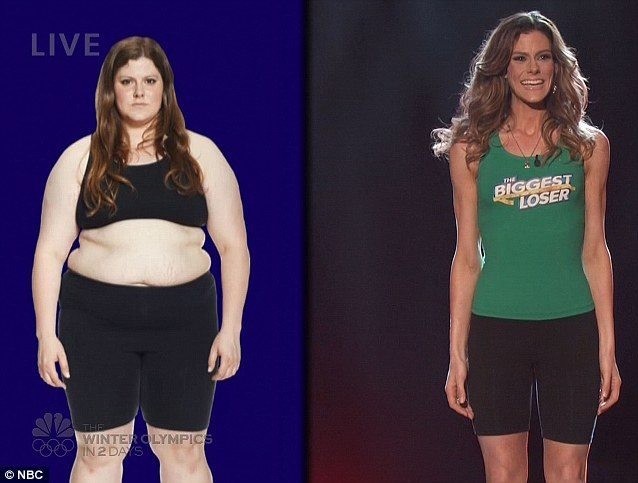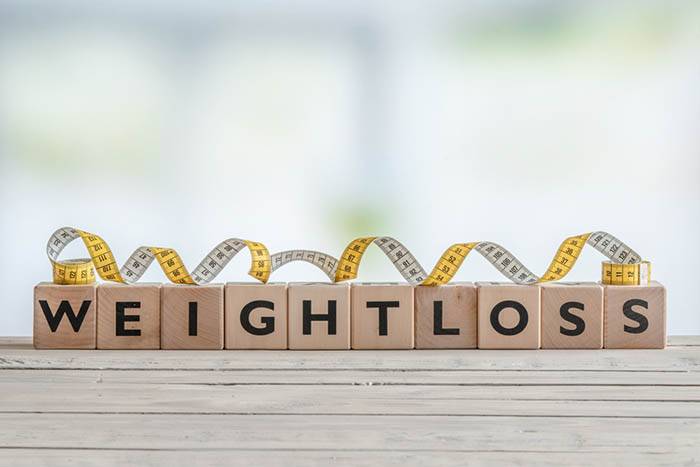The Biggest Loser Fiasco: Tips for Healthy Weight Loss
Recently, the hit reality TV show “The Biggest Loser” had their biggest loser ever: winner Rachel Frederickson lost an astonishing 60% of her total body mass, a total of 155 pounds in just over 3 months. Controversy is flying high in the media around the health and fitness industry, asking the question: Just what is healthy weight loss?
In this special Mountain Trek two-part blog, we will first cover what constitutes healthy weight loss, the potential health risks of unhealthy or too-fast weight loss, and the role of metabolism in all this: how our metabolism works, and how giving it a boost will help us lose weight more efficiently.

Over a short period of time, like one or two weeks at Mountain Trek, a metabolic ‘kick start’, through calorie control and extensive exercise can be a very effective way to reboot the body’s metabolism, our fitness, and, very importantly, our own psychology and mind set towards our own weight loss. During a short time frame metabolic ‘kick-start’ like this, losing weight quickly (0.5 – 2 pounds/day) is safe, effective, and encouraging. But limited calories and extensive exercise over a longer time frame can do more harm than good. When you eat severely reduced calories, your body compensates by slowing down your metabolism, allowing it to save calories for energy your body will need to handle its basic functions. Achieving healthy weight loss doesn’t mean only considering the obvious strategy of decreased calories and increased exercise, but considering a more holistic approach that includes stress reduction, detoxification and sleep improvements. This all-encompassing lifestyle approach allows us to balance our hormones, thereby raising our metabolism, and voila, we’ve got healthy weight loss. And after a 2 week intensive metabolism kick-start, all these same components would continue to be the focus for a continued, sustainable, and slower weight loss.
According to the U.S. Department of Health, dieters should aim to lose approximately 0.5 – 2 pounds/week after the first 2 weeks of their regime, for sustainable, healthy weight loss. Rapid weight loss can result in numerous health risks, including: loss of bone mass, increase in bone marrow fat, which can in turn lead to increased risk of bone fractures, heart attacks or high blood pressure, gall bladder stones, kidney failure, thyroid problems, excess estrogen, osteoporosis, and the list goes on.
Our philosophy is to promote wellbeing and fitness through healthy habits and lifestyle choices geared towards long term success – and with this comes numerous benefits (increased energy, better sleep, better body functions, etc.) including weight loss!
So here’s to a fit, healthy you! Until next week, when we look at metabolism, and its role in our weight and health.





 Fitness vacations aren’t just for people needing to lose weight any more. Mountain Trek hosts people from around the world, of all ages and fitness levels.
Fitness vacations aren’t just for people needing to lose weight any more. Mountain Trek hosts people from around the world, of all ages and fitness levels.

 Variety on the Trails
Variety on the Trails
